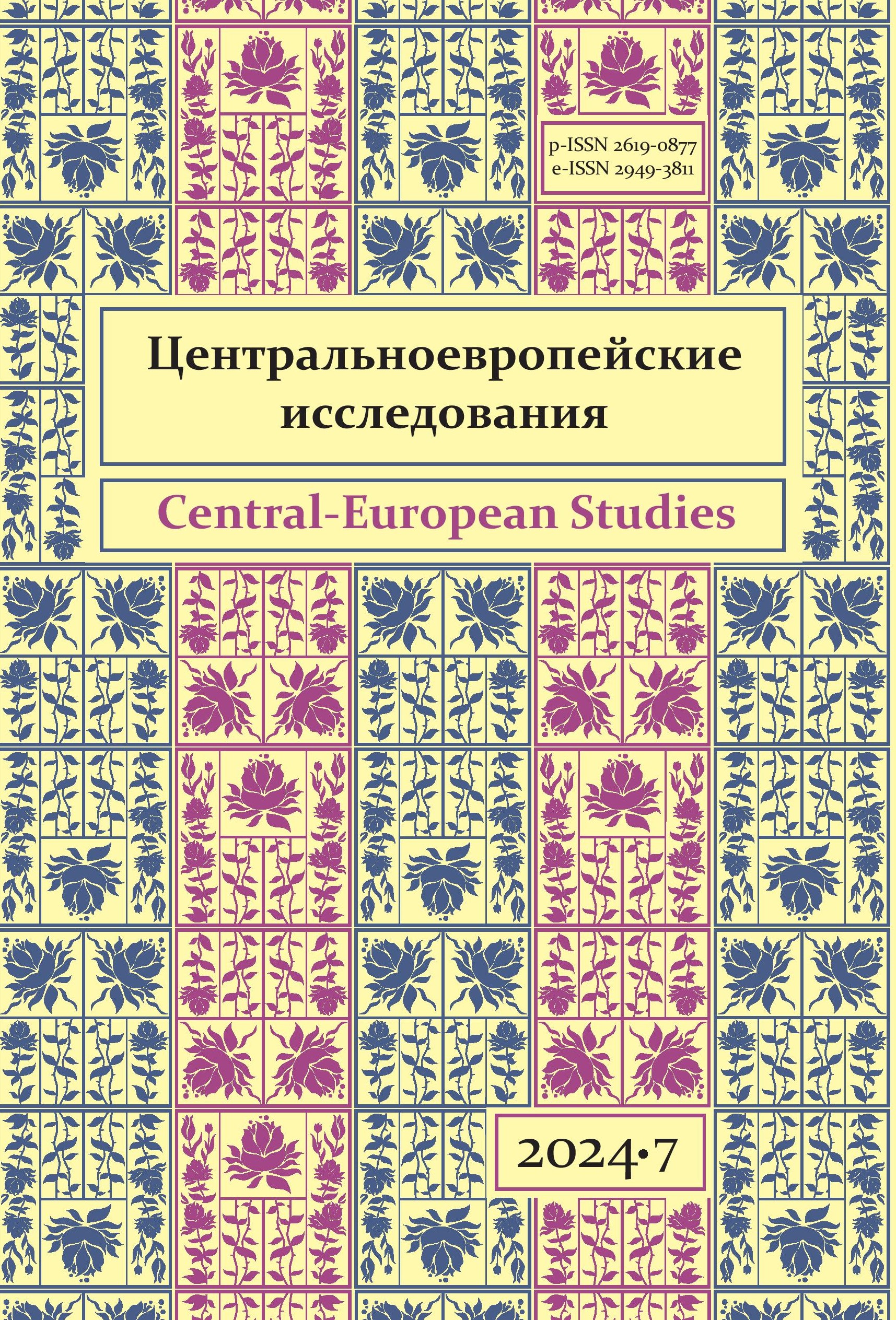The Concept of Economic Freedom in Czechoslovak Emigrant and Samizdat Magazines (1985-1989)
DOI:
https://doi.org/10.31168/2619-0877.2024.7.12Keywords:
Czechoslovakia, economic freedom, economic transformation, dissidents, samizdat, perestroikaAbstract
The analysis of the publications of émigré and samizdat journals reveals the essence of the concept of “economic freedom” as interpreted by Czech dissidents. The author emphasises that it became a central element of the transformation of the country’s economic system in the 1990s. It is stressed that perestroika in the USSR and Mikhail Gorbachev himself became a powerful external factor that intensified the process of its conceptualisation. The content of the concept was analysed through the prism of such aspects of economic development as state regulation, the phenomenon of private property, the tax system, the principle of the rule of law, and the existence of free access to all sectors of the economy. The author concludes that the Czech dissidents’ vision of economic freedom was in many ways consistent with both prevailing and later developed ideas about economic freedom and its place in society and the state. The article also shows the diversity of attitudes and perceptions about the future of Czechoslovakia in the “window of opportunity” that opened for it, without losing sight of the central role of economic freedom in achieving a free society. In addition, the study of Czech dissidents’ views on perestroika and Mikhail Gorbachev’ role in it made it possible to trace the development of their attitude to the processes both in the Soviet Union and in their own country. The analysis of this position is also valuable because it allows us not only to show what image of the USSR and of the General Secretary of the CPSU Central Committee himself was created on the pages of illegally published magazines, but also to determine the degree of development of economic thought in Czechoslovakia, which evolved under difficult conditions after the suppression of the Prague Spring, but was nevertheless able to absorb and generate advanced ideas.



